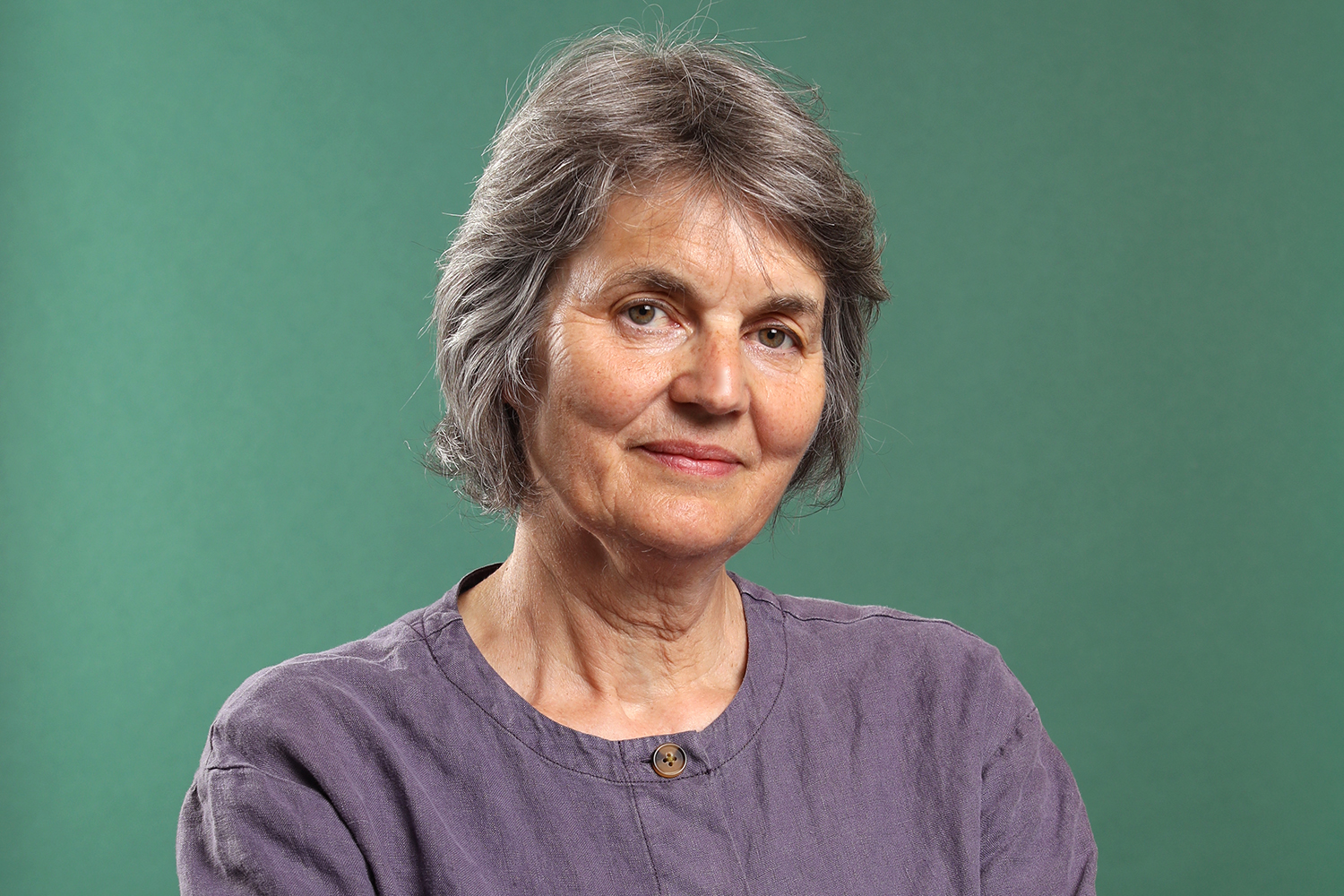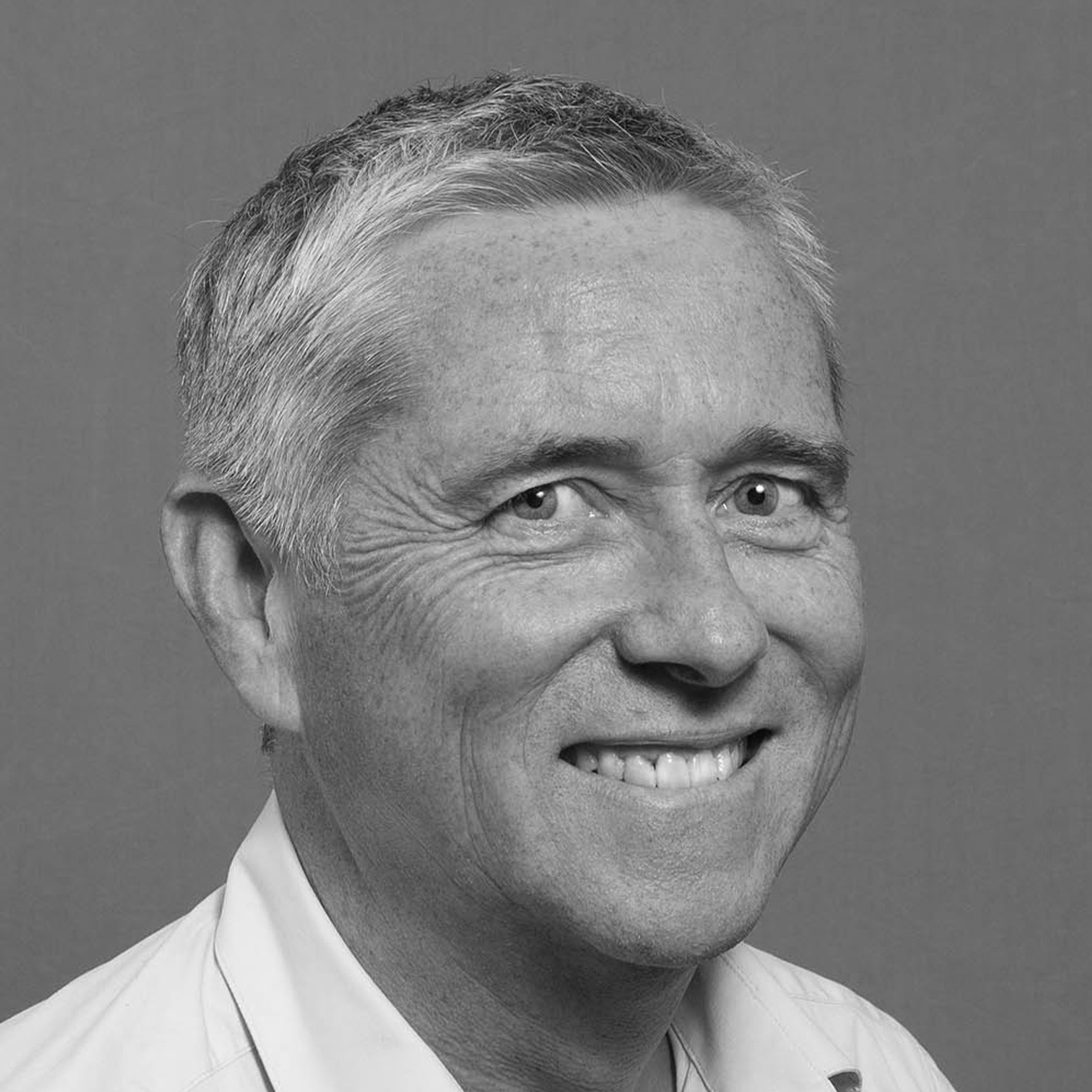There was a moment in the early days when Sarah Finch and her fellow campaigners thought all was lost.
They were challenging plans by a company that wanted to turn a rural area a few miles from Gatwick into the new Texas, drilling for millions of barrels of oil in the Surrey countryside.
Finch and her friends at the Weald Action Group argued that Surrey county council should consider the impact burning all that oil would have on climate change, especially in light of the net zero targets set by the Paris Agreement of 2015.
“But it got permitted, with quite cursory discussion of the climate aspect,” Sarah said. “We went to the pub afterwards, really downcast, like ‘oh well, we failed’.”
By the time they had finished their drinks, though, they had come up with a plan that would set them on a five-year journey through the UK courts.
Their campaign, which began with funds raised from raffles and sponsored walks, would take on national significance and Finch, a 61-year-old mother of four, would have her name enshrined in law.
Because, eventually, the campaigners won – and overnight, the Finch ruling changed everything about the way the UK deals with new fossil fuel schemes.
Finch has always been involved in environmental activism. “As a child in the 70s, I was very worked up about acid rain and tropical rainforest and nuclear war and stuff, and that has always been my big passion.”
She spent six years working for Friends of the Earth and has worked throughout her career on environmental campaigns, getting involved in activism wherever she saw the opportunity.
Hydraulic fracking was taking off in America in the early 2000s as a new technique forcing liquid between layers of rock opened up hard-to-reach oil and gas. It was profitable but triggered concerns about earthquakes and contamination of water supplies.
Newsletters
Choose the newsletters you want to receive
View more
For information about how The Observer protects your data, read our Privacy Policy
Finch lived near Balcombe in West Sussex, the site of one of the first UK protests against fracking. So an advertisement in her local paper for plans to do exploratory drilling at Horse Hill, in Surrey, caught her eye.
“I didn't even know where that was, it's just the name of a road in the countryside, and I was like, ‘wow, that's weird’, and ‘I must do something about that’, and then kind of forgot about it, until January 2011, I saw a film called Gasland, which is about fracking in America.”
That first planning application was approved in 2012. Then came a 25-year plan for six oil wells at Horse Hill. Neighbours worried about noise, pollution, traffic and earthquakes. But there was a bigger picture – the climate change impact of millions of barrels of oil from Horse Hill burned as fuel.
Finch and other campaigners formed the Weald Action Group, urging the council to take into account carbon emissions from burning oil once it left the site.
In the pub in September 2019, after their first defeat, one of the group suggested applying for judicial review – asking a judge to give them permission to challenge the decision. And after advice they would have more protection from legal costs if the case was brought by an individual, Finch v Surrey county council went ahead.
“I still sometimes think, ‘did that really happen, or have I just entered a delusional state, where I think I’ve done this big thing?’.”
“I still sometimes think, ‘did that really happen, or have I just entered a delusional state, where I think I’ve done this big thing?’.”
Sarah Finch
“At the time, it was just looking at one planning decision over one site – quite a small fight in the scheme of things – but it very quickly became clear that this gap that we’d found, that they’d approved a big fossil fuel development without looking at the long-term climate impact, was actually going on everywhere,” Finch said.
At first the judicial review was refused, but after an appeal, the case went to the high court.
The group raised £35,000 to fight the case from local events – including an art auction and a 100-mile sponsored walk by a 71-year-old woman.
But they lost. The court said it would be unreasonable and impossible for the council to assess the emissions. So the campaign raised more money, went to the court of appeal – and lost again, on different grounds.
“They said, yes of course, it’s perfectly possible for the local authority to do this, but it should be a matter for their discretion, whether they do it or not,” Finch said.
Campaigners had one last chance – an appeal to the supreme court. But they worried about asking supporters for more money. By this time, however, the case was more significant than a local planning row.
The government had joined the case on the county’s side. Friends of the Earth and Greenpeace joined as interested parties, and so did West Cumbria Mining, a company planning a new coal mine in Whitehaven.
Levelling Up secretary Michael Gove had seized on the ruling to grant permission for the Whitehaven mine, citing the Finch case 85 times in his decision.
“That was like the worst day in the whole thing for me, when I saw Michael Gove saying ‘because of the judgment in the Finch case, obviously this mine can go ahead,” Finch said.
“I really thought, ‘Oh, no, I've made it worse for everyone’.”
But everything changed last summer.
Costs for an appeal to the supreme court were met by Law For Change, which helps people fund public interest legal cases. And in June 2024, the supreme court ruled 3-2 in favour of Finch.
Reading the judgment, Lord Leggatt said: “We conclude that the council’s failure to assess the effect that burning the oil to be produced on the well site would have on climate means that its decision to grant planning permission for the project was unlawful and must be quashed.”
After nearly five years of legal battles, they had won. Finch emerged from the supreme court in disbelief. “I just walked out, and there were all these cameras, people shouting at me. I honestly felt like Kim Kardashian or something.
“I still feel quite elated by it. For days, I was obviously walking on air, I couldn’t believe it. I still sometimes think, ‘did that really happen, or have I just entered a delusional state, where I think I’ve done this big thing?’.”
This week, Finch was named Campaigner of the Year in the Sheila McKechnie Foundation’s national campaigner awards.
The Finch ruling had a domino effect – decisions for new North Sea oil drilling and the Whitehaven mine were found unlawful and stopped because they did not consider the impact of emissions from burning fossil fuels.
There are issues still at stake. Big schemes are in the balance, like Rosebank, off Shetland, which is already licensed and could produce 300m barrels of oil. It was given field development consent with the support of then prime minister Rishi Sunak, which was quashed after the Finch ruling.
Labour’s election manifesto promised to refuse new licences for North Sea oil. But Rosebank is already licensed, so it could go ahead and Labour would still keep its word.
Finch is cautiously optimistic it would make it harder for new North Sea oil and gas projects to get the go ahead.
But she worries the judgment is vulnerable because the government could still weigh the emissions evidence and approve a scheme on economic grounds.
Hours before Finch collected her award, Energy Secretary Michael Shanks announced long-awaited new guidance for new North Sea oil and gas projects in response to the Finch Ruling.
Companies must now disclose the amount of CO2 emissions that will be released from burning the oil and gas they plan to extract.
“I thought it was a kind of tipping point, and after that, no more oil and gas could ever be approved. But the government has been making noises about wanting to approve Rosebank when it comes back.
“I do see it now as a kind of litmus test of whether my ruling has the effect that I hoped it would have, because I feel like if the government can look at the full climate impact of Rosebank and permit it anyway, then that’s really a big loss.”
Finch never imagined her campaign would make history. “I was somebody whose preferred method of campaigning was sitting in my kitchen, writing objections to planning applications. And I guess if I can do it, anyone can.”
The Sheila McKechnie Foundation 2025 National Campaigner Awards celebrate campaigns from across society that lead to change that benefits all. They celebrate people that take on big organisations, challenge power and help activists learn which campaigns are winning and why.
This year’s other winners are:
Campaign of the Year Joint winners: No Births Behind Bars which fought to end imprisonment of pregnant women and mothers
Keep Counselling Confidential, which changed the law to stop police and courts’ access to counselling and therapy notes of rape victims
Best Consumer Campaigner Bite Back. Young campaigners took over billboard sites that junk food companies use to target children with unhealthy products
Best Use of LawRwanda Project. Secured freedom from detention for asylum seekers targeted for removal to Rwanda
Best Community CampaignMayday Saxonvale, which won the right to develop land in Frome, Somerset, for affordable housing and community facilities
Young Campaigner AwardBold Girls Ken. A campaign in Scottish schools on what consent looks like on and offline
David & Goliath Gambling With Lives. Bereaved families in gambling-related suicide cases forced increased scrutiny of gambling companies
Amplifying VoicesMy Vote my Voice. A campaign to help people with learning disabilities cast their votes
Creative Changemakers Award More Than One Story. Film series revealing the realities of homelessness
Long Term Achievement Award Baroness Doreen Lawrence, for her decades spent battling for justice after the racist murder of her son Stephen Lawrence
Photograph by Katherine Anne Rose / The Observer

